The sweet, amber-hued syrup known as Jallab has long been a staple in Syrian households, particularly during the holy month of Ramadan. This traditional drink, made from a blend of grape molasses, dates, and rose water, carries with it centuries of cultural significance. Its origins can be traced back to the Levant region, where it was first concocted as a nourishing beverage for laborers working under the scorching sun. Over time, Jallab evolved into a symbol of hospitality and celebration, often served to guests as a gesture of warmth and generosity.
What sets Syrian Jallab apart from other regional variations is the meticulous preparation process. The base ingredients are carefully selected—grape molasses must be of the highest quality, dates should be plump and sweet, and rose water ought to be freshly distilled. These components are then simmered together until they achieve a perfect balance of flavors. The resulting syrup is typically diluted with water and served over crushed ice, garnished with pine nuts and golden raisins. The drink's unique taste profile—simultaneously floral, fruity, and earthy—has made it a beloved refreshment across generations.
The cultural significance of Jallab extends beyond its refreshing qualities. In Syrian tradition, the preparation and sharing of this drink are often communal activities that bring families together. During Ramadan, street vendors can be seen setting up elaborate Jallab stations as the sun sets, serving the thirsty crowds breaking their fast. The sound of ice being crushed and the sight of the syrup being poured from great heights into glasses create a sensory experience that many Syrians associate with cherished memories of home. Even in diaspora communities, the making of Jallab serves as a tangible connection to cultural roots.
Recent years have seen Jallab gain international recognition, appearing on menus of Middle Eastern restaurants worldwide. However, connoisseurs argue that the authentic Syrian version remains unparalleled. The country's specific microclimates produce grapes with distinctive sugar content and acidity levels, resulting in molasses that give Jallab its characteristic depth of flavor. Artisanal producers in cities like Damascus and Aleppo continue to use traditional copper pots for boiling the mixture, believing that this imparts a superior taste compared to modern stainless steel equipment.
Despite its growing popularity, authentic Syrian Jallab faces challenges in the global market. The ongoing conflict in Syria has disrupted traditional supply chains, making it difficult to source quality ingredients. Some producers have been forced to substitute key components or alter recipes to accommodate ingredient shortages. Additionally, mass-produced versions flooding international markets often contain artificial flavors and preservatives, diluting the drink's artisanal heritage. These factors have led to concerted efforts by Syrian culinary experts to preserve and document traditional Jallab-making techniques before they are lost.
The drink's versatility has contributed to its enduring appeal. While traditionally consumed as a cold beverage, creative Syrian chefs have incorporated Jallab into various desserts and cocktails. Modern interpretations include Jallab-flavored ice creams, pastries glazed with the syrup, and even Jallab-infused alcoholic beverages in experimental mixology. This adaptability ensures that while the essence of the drink remains rooted in tradition, it continues to evolve with contemporary tastes. Food historians note that such evolution mirrors Syria's broader culinary history—one of preservation and innovation existing in harmony.
For Syrians displaced by conflict, Jallab carries profound emotional weight. The simple act of preparing the drink in foreign kitchens becomes an act of cultural preservation and resistance. Community organizations in refugee settlements often include Jallab-making in cultural programming, using it as a tool to maintain traditions and foster solidarity. The syrup's distinctive aroma—reminiscent of Damascus's ancient souks and family kitchens—has the power to transport individuals across time and space, if only momentarily.
Looking ahead, the future of authentic Syrian Jallab remains uncertain yet hopeful. A new generation of Syrian entrepreneurs is working to introduce the traditional syrup to global markets while maintaining its artisanal integrity. Some have begun obtaining organic certifications for their products, while others focus on fair trade practices that support remaining grape and date farmers in Syria. As international interest in Middle Eastern cuisine grows, Jallab stands poised to become not just a regional specialty, but a globally recognized emblem of Syrian culinary heritage—a sweet testament to resilience in the face of unimaginable challenges.

By Laura Wilson/May 10, 2025
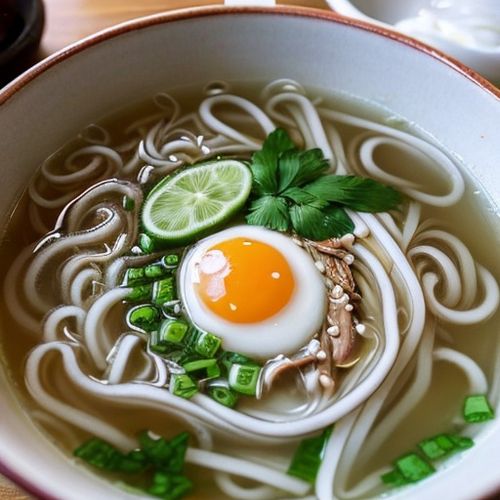
By Christopher Harris/May 10, 2025
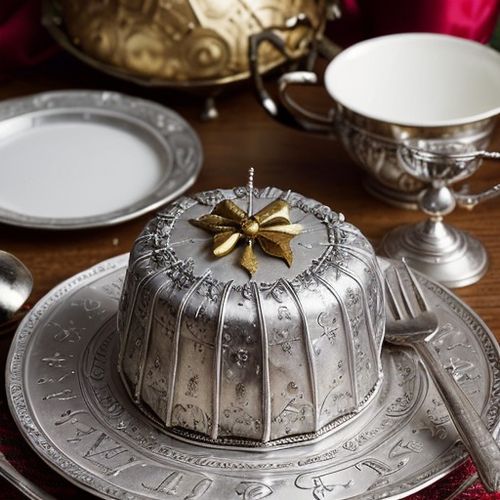
By Samuel Cooper/May 10, 2025
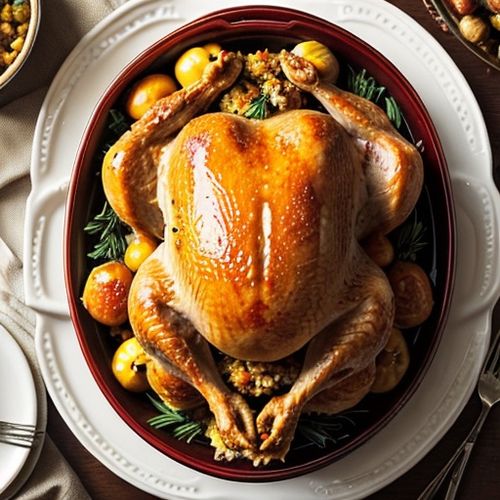
By Megan Clark/May 10, 2025
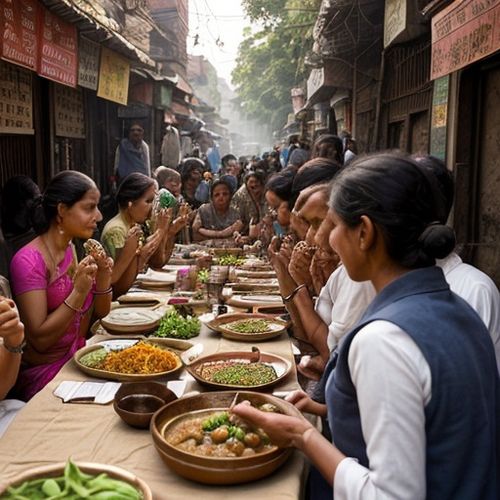
By Olivia Reed/May 10, 2025
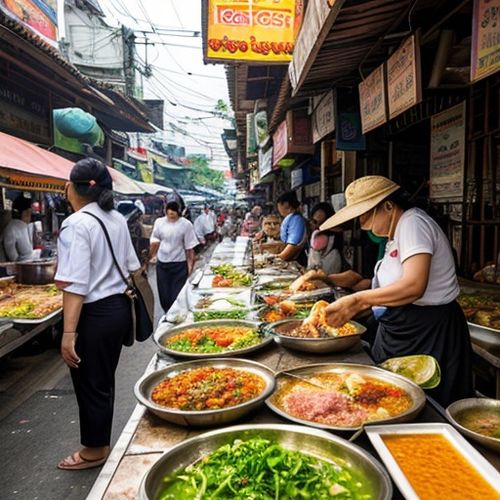
By Natalie Campbell/May 10, 2025
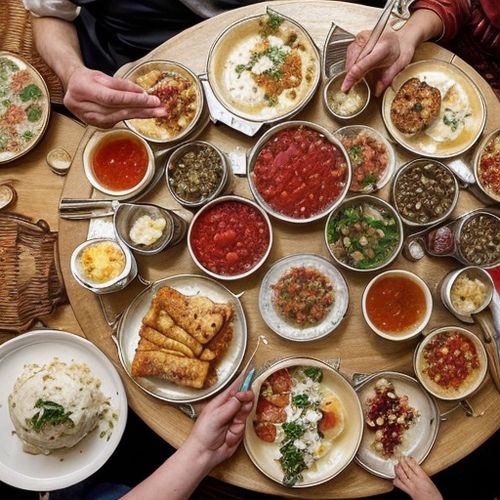
By Sophia Lewis/May 10, 2025
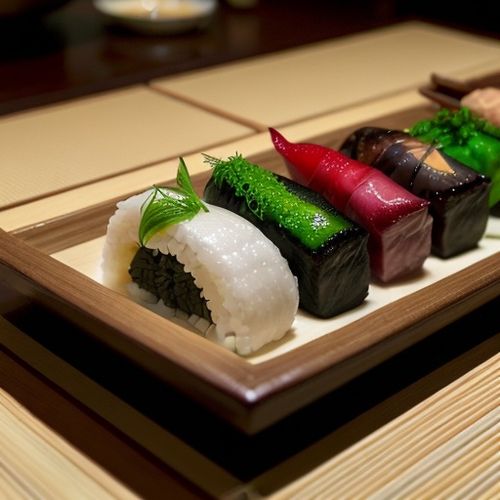
By George Bailey/May 10, 2025
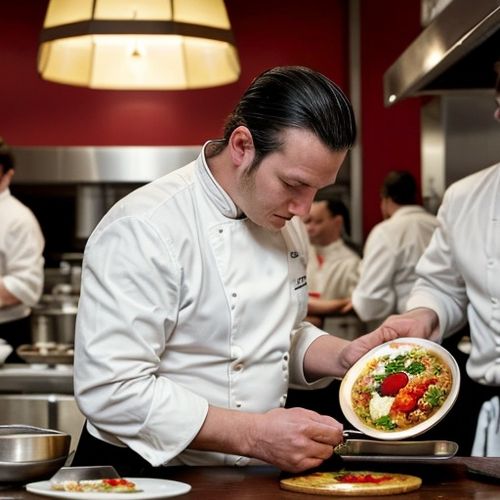
By Eric Ward/May 10, 2025
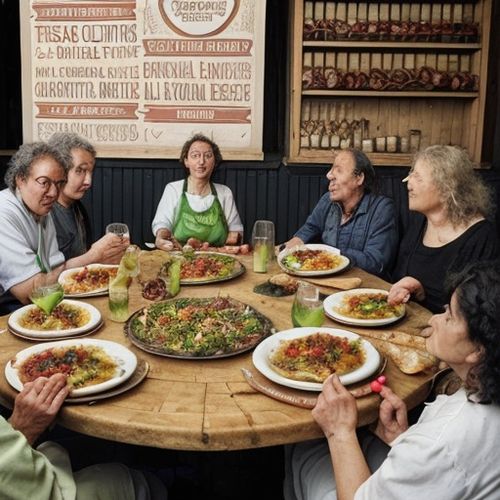
By Daniel Scott/May 10, 2025
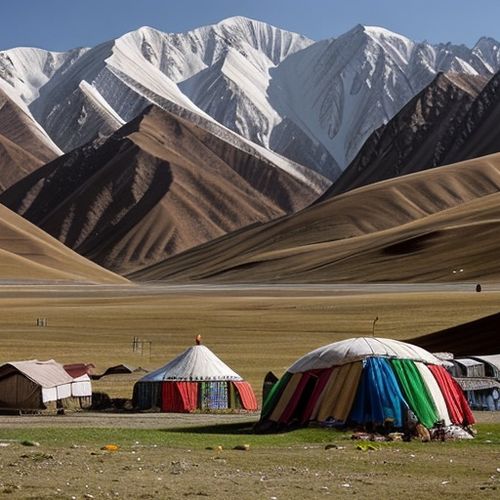
By George Bailey/May 10, 2025
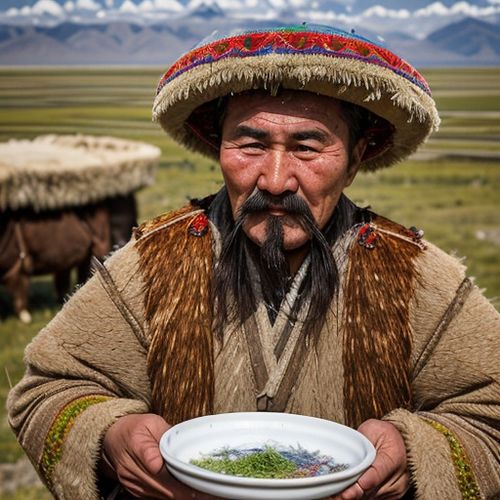
By Elizabeth Taylor/May 10, 2025
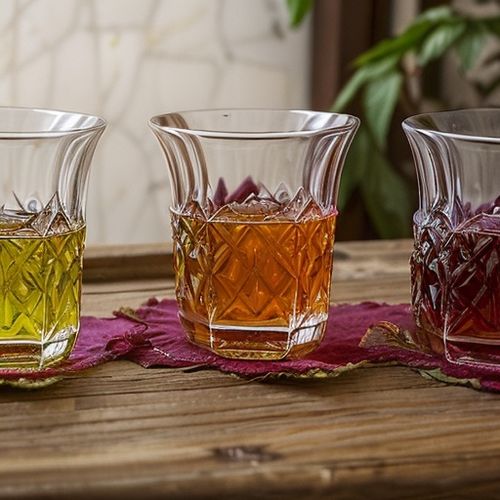
By Natalie Campbell/May 10, 2025
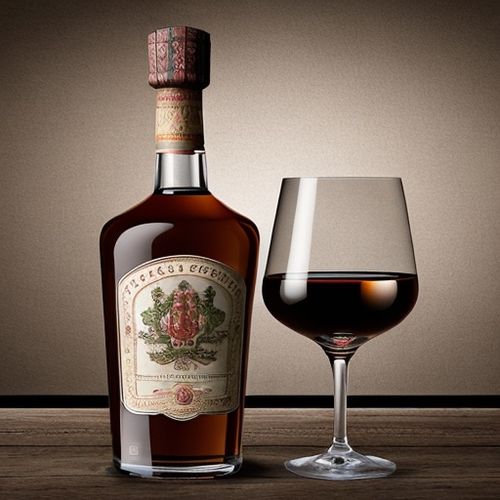
By Emily Johnson/May 10, 2025
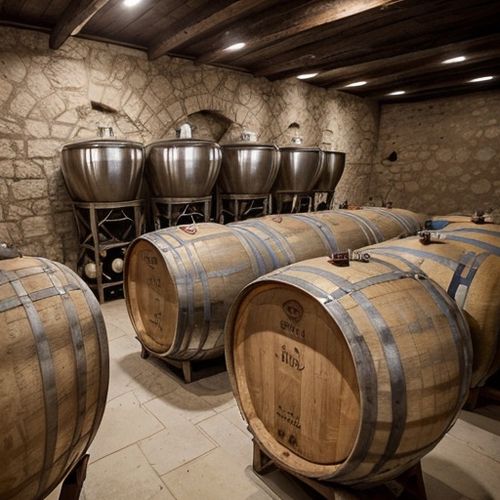
By Elizabeth Taylor/May 10, 2025
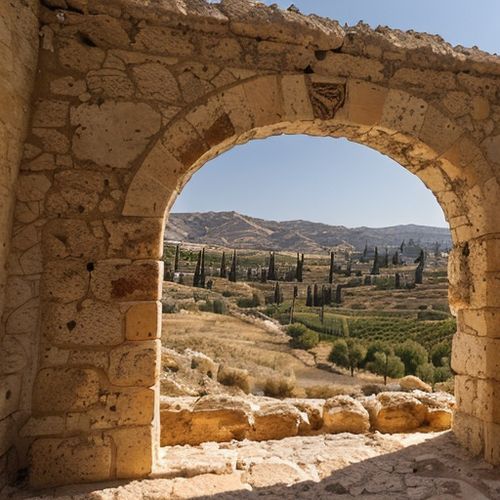
By Thomas Roberts/May 10, 2025
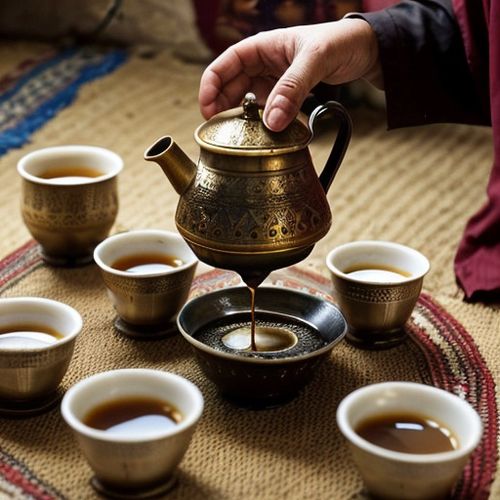
By Christopher Harris/May 10, 2025
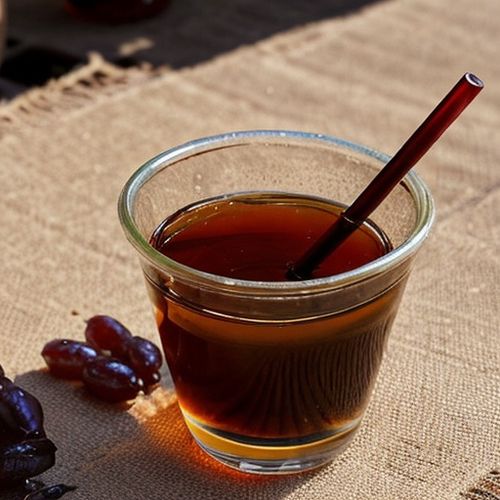
By Megan Clark/May 10, 2025
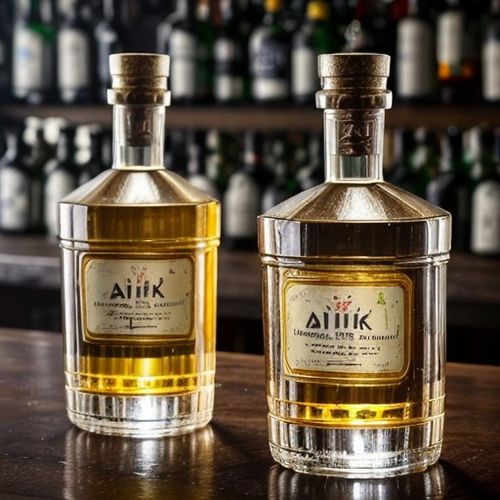
By Samuel Cooper/May 10, 2025
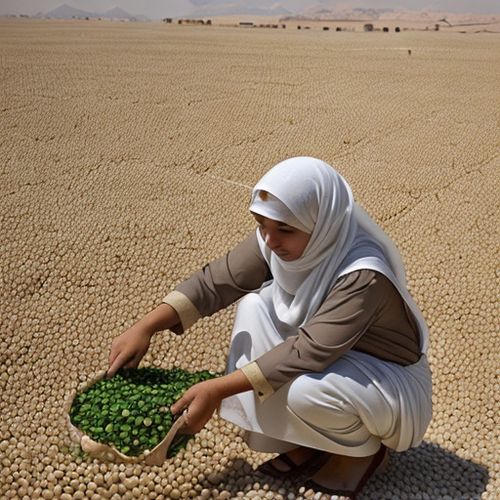
By James Moore/May 10, 2025